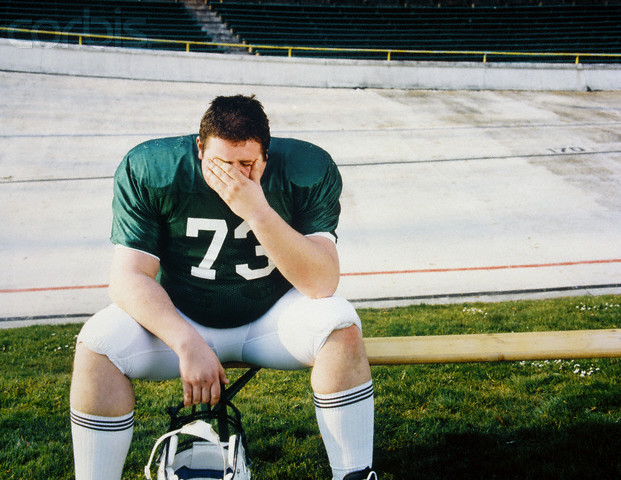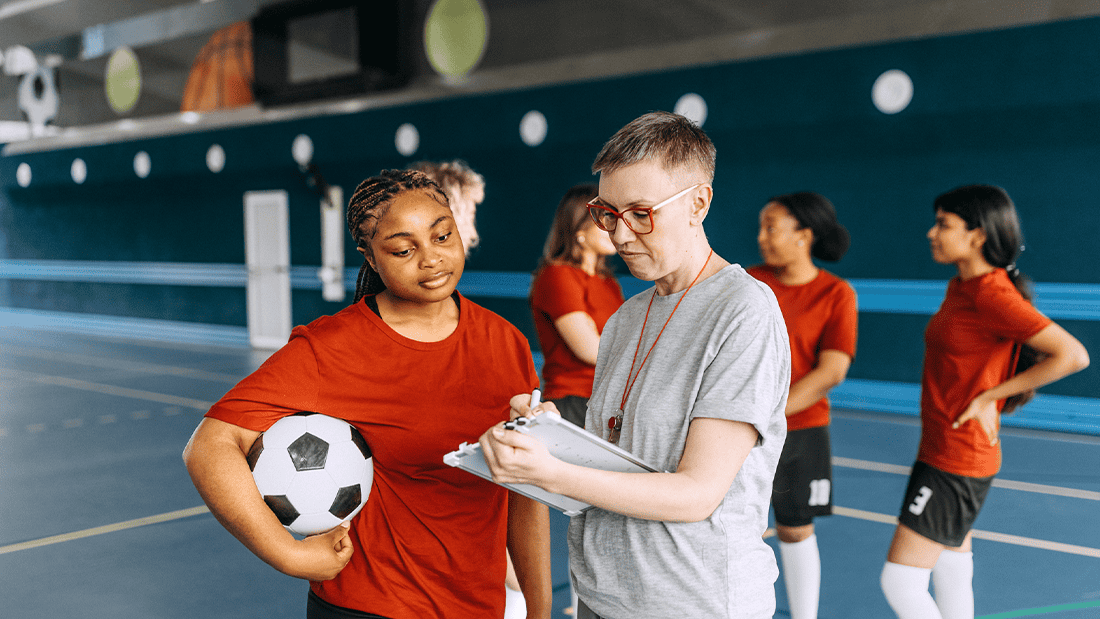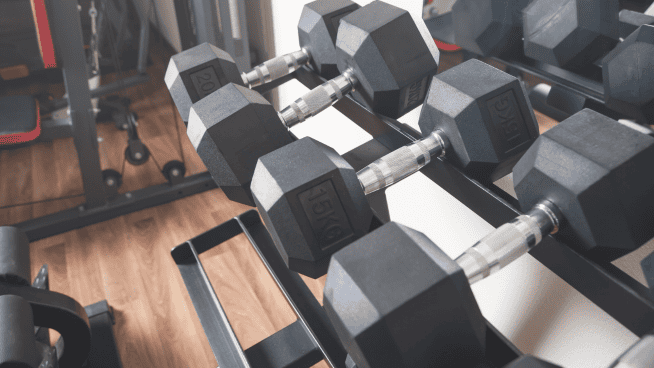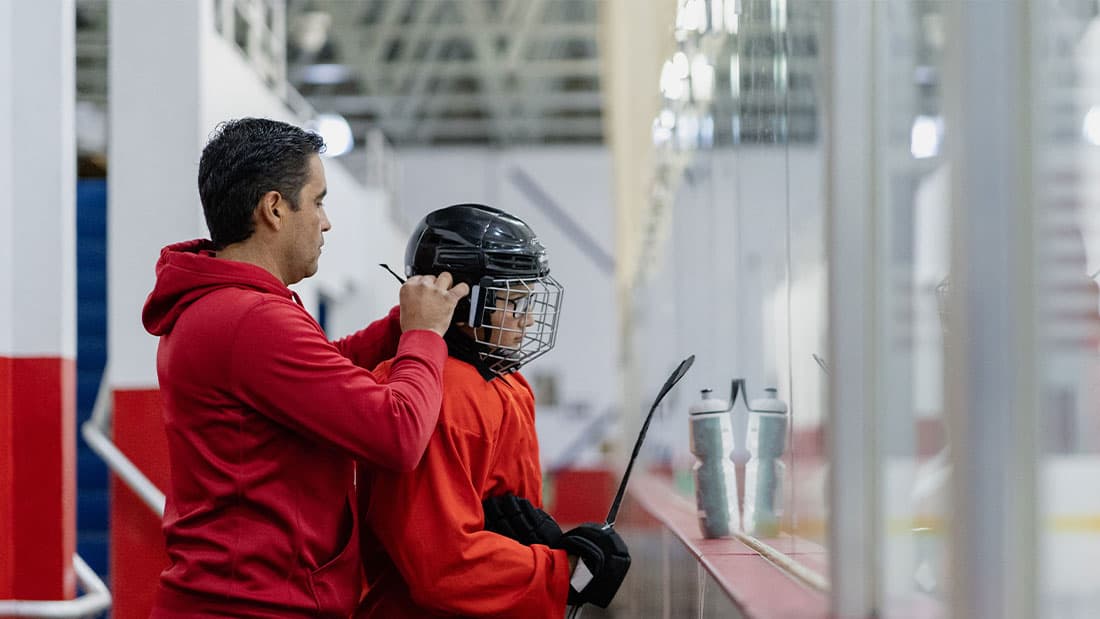Study Habits That Will Keep Athletes Eligible For Gameplay
If you can’t make the grades, you don’t get to play. Student always comes before athlete, and no matter how talented you are, if you’re academically ineligible, you can’t help your team.
Study Guides and Strategies, a site dedicated to helping students develop good study habits, offers several tips and tricks you can easily implement in your academic routine.
The website suggests taking a Kinesthetic approach to learning, where you carry out a physical activity instead of listening to a lecture or watching a demonstration. Most athletes are used to learning on the field by performing requested actions or by mimicking a coach, so why not do the same thing in the classroom and study hall?
Try incorporating these study habits into your daily school routine and remember, teachers and advisers are often willing to spend extra time working with students who are struggling. Just be proactive and ask.
Develop routines and habits for learning: Schedule when and what you study (begin with easier subject matter to build up confidence). Simplify instructions down to basics, and build up from there.
Practice and repeat basic elements to strengthen recall.
Be directly engaged: Jump in and try things; learn by trial and error.
Ask teachers to give real-life examples, or to explain something you don’t understand.
Ask your teacher for printed summaries of lectures or alternative methods to get the same information.
Involve all of your senses in learning: Use a hands-on approach to better understand the subject matter. Use concrete objects as learning aids, while using your hands to explain and your body to act out topics.
Be proactive in writing things down: Put examples in note summaries. Use drawings and photos to illustrate points. Talk about notes with another student. Use community-based assignments to develop writing skills.
Prepare yourself for exams: Write test questions and compare them with study mates or tutors. Write practice answers and role-play the exam situation before the test.
For more tips and advice on learning in the classroom, head over to Study Guides and Strategies.
Source: studygs.net
Photo: corbisimages.com
RECOMMENDED FOR YOU
MOST POPULAR
Study Habits That Will Keep Athletes Eligible For Gameplay
If you can’t make the grades, you don’t get to play. Student always comes before athlete, and no matter how talented you are, if you’re academically ineligible, you can’t help your team.
Study Guides and Strategies, a site dedicated to helping students develop good study habits, offers several tips and tricks you can easily implement in your academic routine.
The website suggests taking a Kinesthetic approach to learning, where you carry out a physical activity instead of listening to a lecture or watching a demonstration. Most athletes are used to learning on the field by performing requested actions or by mimicking a coach, so why not do the same thing in the classroom and study hall?
Try incorporating these study habits into your daily school routine and remember, teachers and advisers are often willing to spend extra time working with students who are struggling. Just be proactive and ask.
Develop routines and habits for learning: Schedule when and what you study (begin with easier subject matter to build up confidence). Simplify instructions down to basics, and build up from there.
Practice and repeat basic elements to strengthen recall.
Be directly engaged: Jump in and try things; learn by trial and error.
Ask teachers to give real-life examples, or to explain something you don’t understand.
Ask your teacher for printed summaries of lectures or alternative methods to get the same information.
Involve all of your senses in learning: Use a hands-on approach to better understand the subject matter. Use concrete objects as learning aids, while using your hands to explain and your body to act out topics.
Be proactive in writing things down: Put examples in note summaries. Use drawings and photos to illustrate points. Talk about notes with another student. Use community-based assignments to develop writing skills.
Prepare yourself for exams: Write test questions and compare them with study mates or tutors. Write practice answers and role-play the exam situation before the test.
For more tips and advice on learning in the classroom, head over to Study Guides and Strategies.
Source: studygs.net
Photo: corbisimages.com
RECOMMENDED FOR YOU
Create A Free Recruiting Profile Today!
CaptainU helps athletes & parents not only be proactive but also to manage and take control of their entire recruiting journey.













